Do you want to make good art? I’m guessing you probably do.
We all want to get better at the things we do, right? Improving skills, learning, being a better ‘something’ – we love that stuff. We’re trained to, right from the first time an adult approves of us for mastering something, whether it’s walking or tying a bow or stacking blocks.
Achievement {and in particular, mastery} = happiness. Apparently.
And yet over and over, I see people struggling inside that paradigm, perhaps without even realising it. They get stuck because they don’t know how to take a painting forward, or because they ‘ruined’ one, or because they keep procrastinating and don’t know why, or because they find drawing figures in proportion really hard. {Sidenote: It IS really hard for most of us, at least at first!} And they think they’re not ‘good at art’, or can’t call themselves artists, let alone ‘good’ ones.
To be clear, this is not about dismissing the deep satisfaction that comes from developing skills and mastering things. Nor is it about diminishing your own dreams and desires for your art. There’s a difference, however, between wanting to learn for the joy and personal satisfaction of it, and wanting be a ‘good’ artist who makes ‘good’ art. And it can be hard to disentangle the two.
I don’t teach people how to be good artists. While there is absolutely a place for understanding concepts and techniques, and having at least a basic grasp of painting fundamentals like composition, values, and colour, {and I do often include elements of those in my courses,} I have no interest in whether or not you are a good artist.
I want so much more for you than that.
Truly, anyone can learn the basics, if they want to. {And if they want to, anyone can also become really skilled at the more advanced things.} Knowing how to suggest a narrative in a painting, or create a feeling of space and distance, or draw an accurate likeness, are useful skills if that’s where your interests lie. {I’m emphasising these phrases for a reason!}
In fact I would suggest that to get where you want to go with your art, it’s essential to have a basic understanding of the components of a painting that ‘works’. In part that does come intuitively, especially over time, but it also takes some work and effort and practice.
Having the basics creates a bedrock of confidence and freedom to do more interesting things with your art.
Beyond that however, I don’t believe in striving to make good art or to be a good artist. In fact, I think those are two ideas that could end up stifling and confusing you.
So you might be thinking at this point, ok Tara, I kind of see what you’re saying, but if I’m not supposed to be a good artist, or make good art, what the heck AM I supposed to be doing?
Well you can remove the ‘supposed to’ for starters. 😉
The way I see it is that the happiest artists are not necessarily the most technically skilled ones. If being technically skilled is your happy place, then yes of course, wonderful. But what if it isn’t? I’ll be the first to admit to not being technically brilliant when it comes to realism. But then I have zero interest in making realistic art, let alone being good at it. And I’m a very happy artist. 🙂
For me, it’s about something else entirely.
It’s all about expression.
From where I’m sitting, the happiest artists are not always the ones trying to be {or even being} good artists; they’re the ones expressing themselves from their truest place.
Huge difference.
And the irony is of course, that when we express from the true place, our art becomes ‘better’. More cohesive, more recognisable, and more obviously vibrating with a resonant and unique hum that’s just ours.
If I could offer one piece of advice to aspiring artists, I’d say, get a good grounding in the basics, especially the ones you love most, and then forget about making good art. Forget about being a good artist.
‘Good’ is such an arbitrary word. Good by whose standards? If you’re putting your work up against an artist with work in a gallery, then it’s the gallery’s standard, and the standard of its customers. If you want to have your work in a gallery, you will have to abide by their definition of good. But just remember it’s not the ultimate definition. If a gallery turns you down, that doesn’t mean your work is no good. It might mean you need to get a bit more experience, or refine some skills, or simply that your work isn’t a good fit for that gallery. But it’s never a comment on your worth as an artist, even if the demons insist that it is.
As far as I’m concerned, ‘good’ is a word that is not helpful, supportive, or useful for you or your art. But if you’re going to use it as a gauge, make very sure that you’ve defined it for yourself. It’s when we let others define our words for us that things get messy.
If you’re making art that expresses something true to {and for} you; if you’re deriving delight and satisfaction in the physical process of creating; if you’re making art that doesn’t always work in the way you’d like but you willingly continue to experiment and learn from it; those things are so much more important, and will take you so much further, than worrying about whether you are any good as an artist, or if your work is good.
By my definition, a ‘good’ artist {if I were ever to use that word, which I wouldn’t} is an artist who is deeply expressing the truth of who they are through their art. That’s what will make it recognisable, what will give it emotion and power, and what will most fulfil the artist who makes it.
So let’s scrap ‘good’ {which is far too closely related to ‘good enough’}, or at the very least redefine it on our own terms.
Let’s not ask, is it good?, but instead, is it true?
What do you think? Do you get stuck wanting to be a good artist and make good art, perhaps without realising? How would you define good? Do you think that removing that word might free you up to be the happy artist you want to be? Tell me in the comments! {And if you’re on Instagram and want to share your thoughts there, don’t forget to use the #happyartistmovement hashtag!}


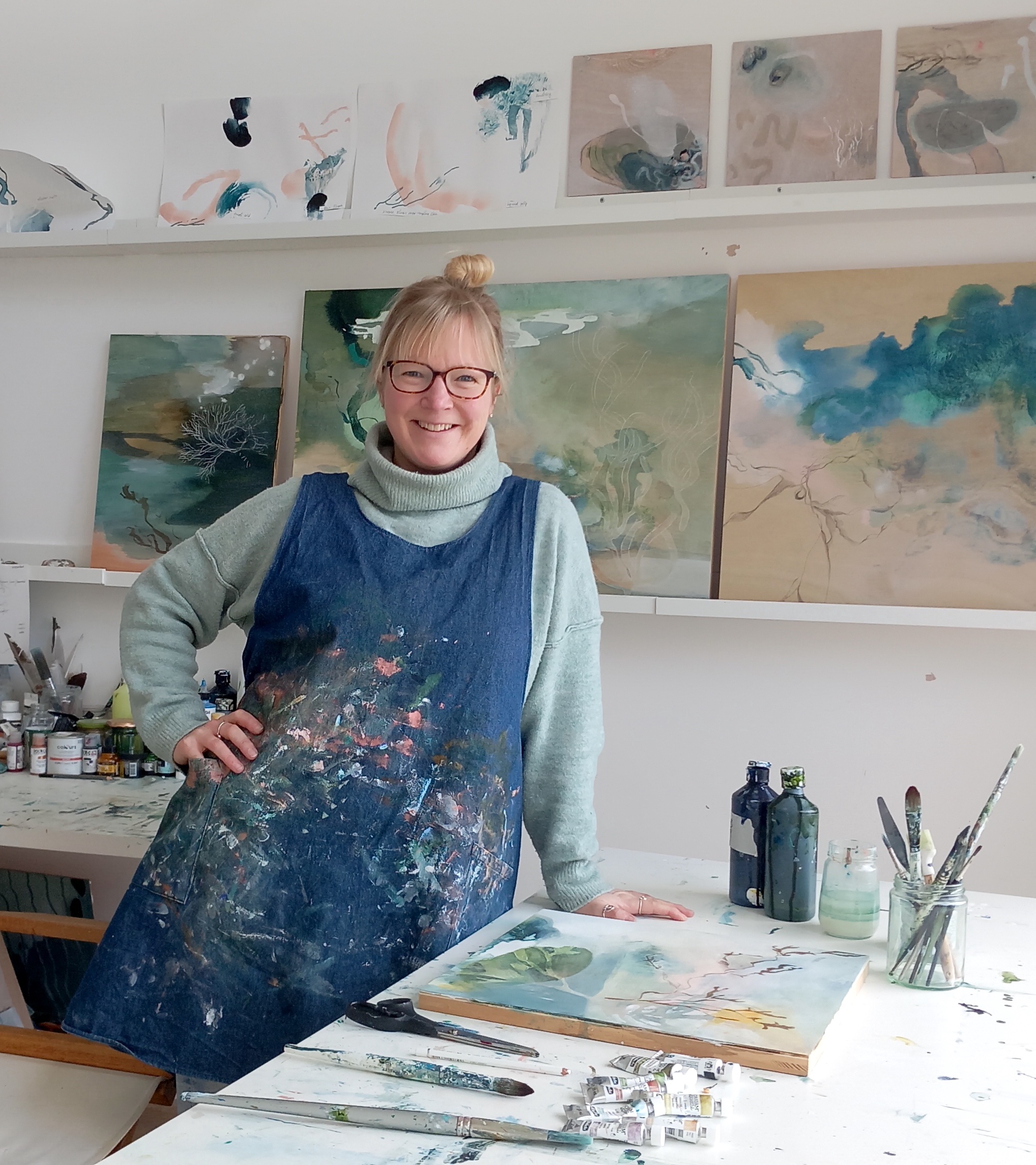
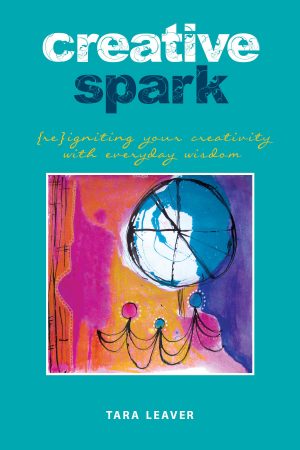
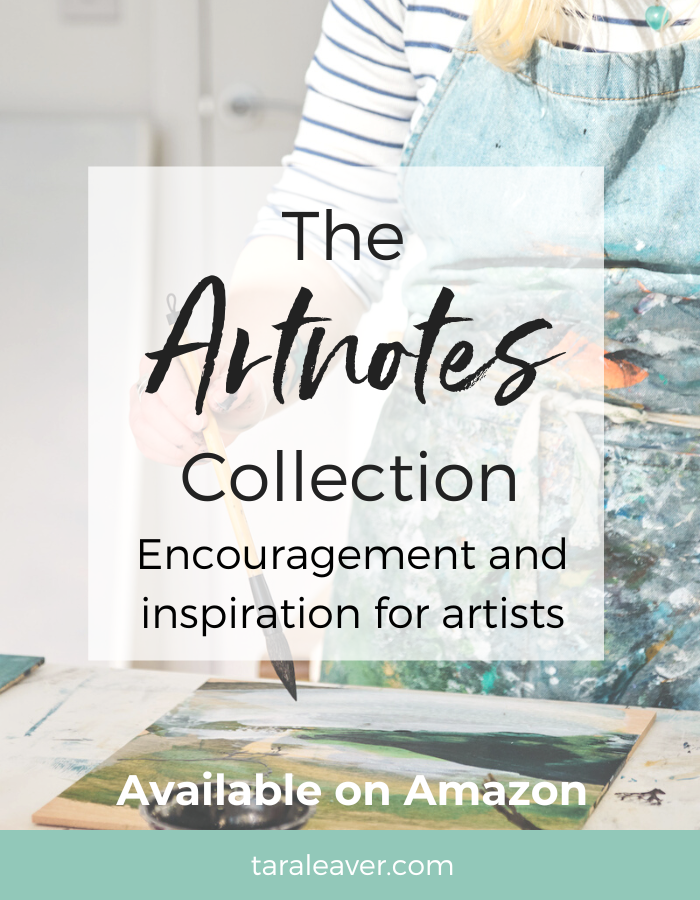
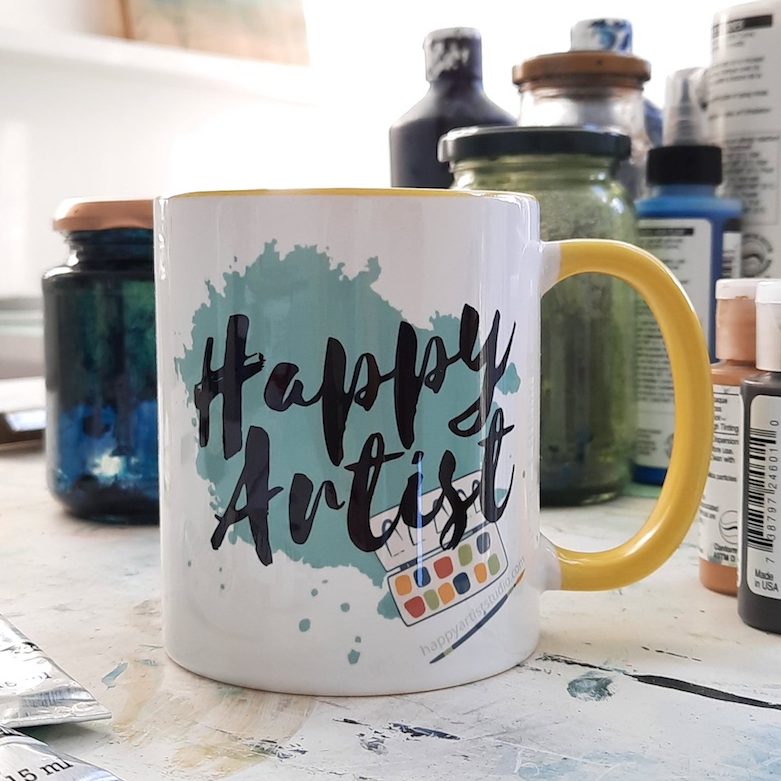
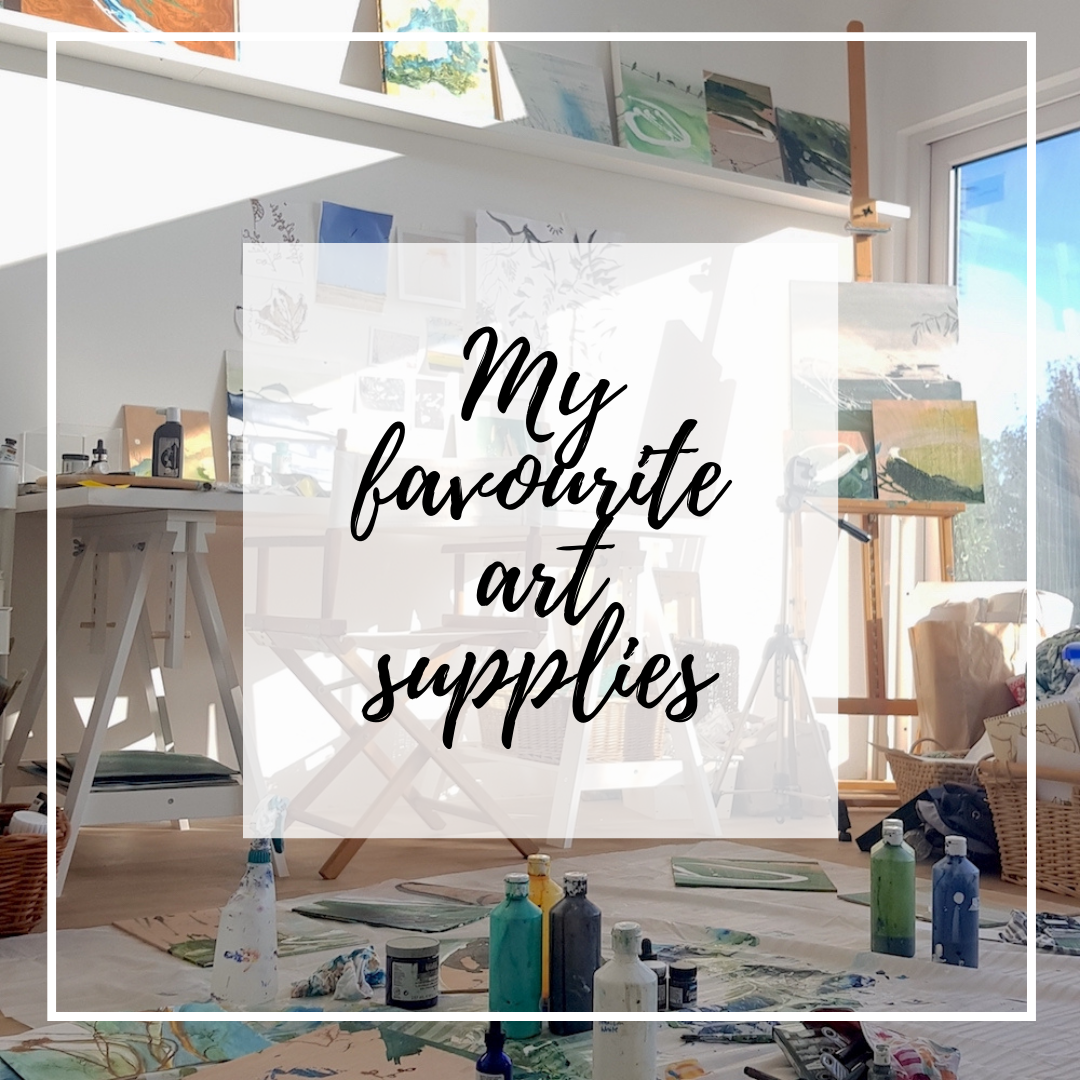
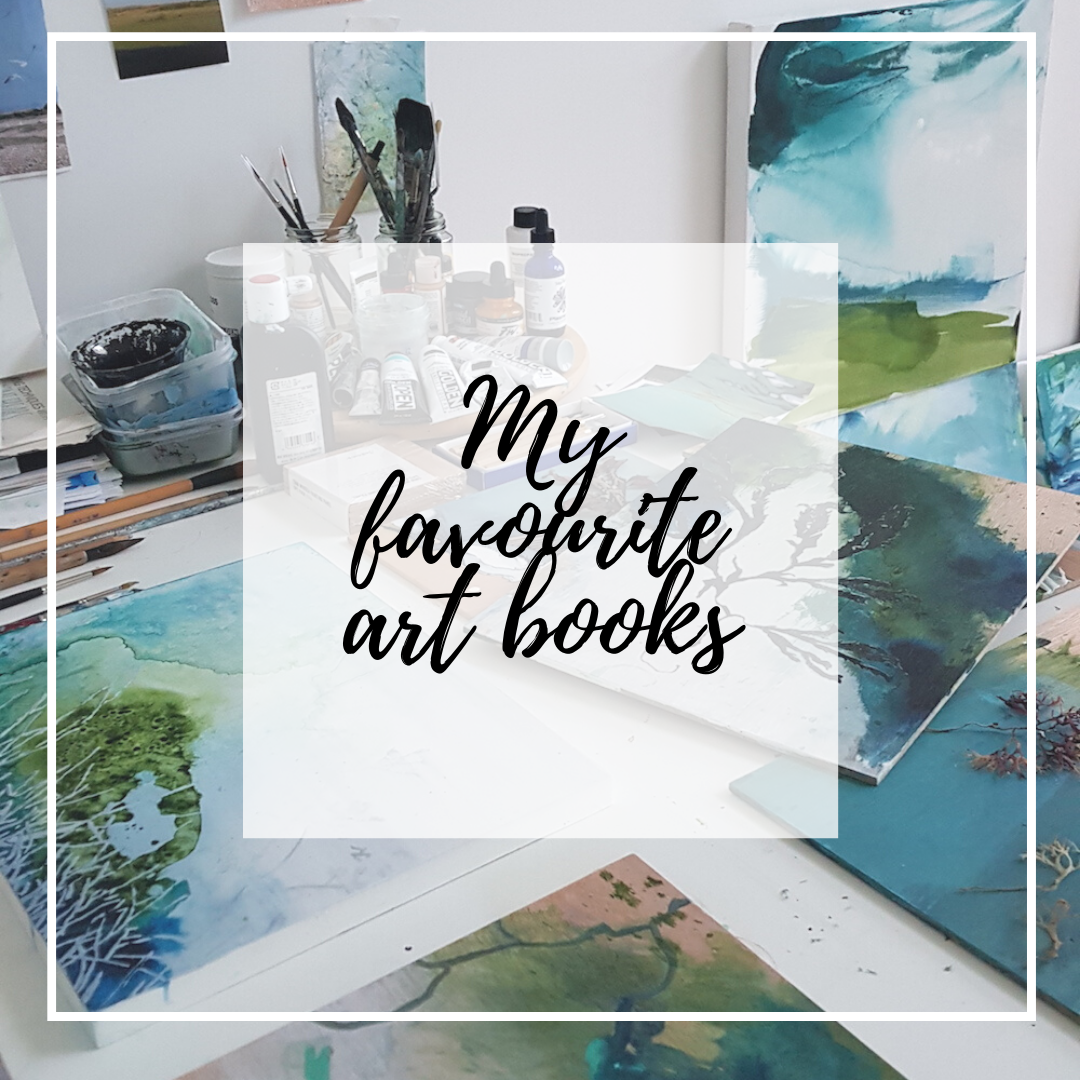
So true….yes I know all this what you say …..but….I forget it every day !
I know what you mean! I write as much to remind myself as anyone. 🙂
Tara,
I just love your art and and LOVE your site! It is the most beautiful, honest and inspiring I have found. I feel very privileged to have found you.
Thank you so much for sharing so much, and giving so much. Your 10 day course has helped me so much in opening up myself and my art.
Cheers!
Hi Jennifer – thank you so much for this lovely message – really made my day! I’m delighted that the site and the course are helping you on your artist journey – best news!
Totally agree with you! They should be teaching this to kids at school and art college!
Thanks for reminding me that the main point is true and honest expression.
YES! Why don’t they?! It feels like school as creator of worker bees to fit into specific premade boxes is such an outdated idea now. It’s one of those things we all know deep down but – speaking for myself anyway – tend to forget!
That was very helpful and inspiring to me. Thanks so much
I’m so glad Sheryl!
I love your audio recordings of your blog posts like this–your english accent is lovely! Keep them coming
Thank you MaryTess! Appreciate the vote of confidence. 🙂
I think I’ll make some art tonight when I get home. Not ‘good’ art, but ‘me’ art, that I can lose myself in. Thanks Tara xxx
Yay! That sounds excellent! 🙂
I love the sound, tone and rhythm of your voice, I’d love it if you narrated my voice notes!! *cheeky grin*
Jokes aside, thank you for your thoughts around good/good enough/it’s okay if a gallery says it is.
It’s taken me years to get to the point of understanding that my creations are important to me if they make me happy. Nobody teaches you that as an art student. Achievement is externally focused and judged and critiqued according to someone else’s invisible criteria.
So thanks for being a creative-anchor. This is a message I need to hear over and over. This helps me feel safe and less vulnerable around sharing my art!
Thanks Colleen. 🙂 I think it’s a thing that many of us struggle with repeatedly along the way. As you say, we mostly just aren’t taught to trust our own feelings and the meaning what we make has for us personally. I’m so glad the post acts as a reminder for you – I always think of my work that way – it’s not new information but it could be the right words at the right time for someone!
I love this post. I feel that when I stop worrying about how “good” my art is, I enjoy the process way more. As soon as I start trying to figure out if it’s any good or not, the joy goes right out of it!
Yes exactly! It really frees up your energy and attention to just enjoy what you’re doing. Glad you enjoyed the post Stacey!
I’ve been painting all of my life and only recently has question gotten in my way. Somehow I stumbled upon this post at just the right time! It’s a good re-grounding for me as I head back into the studio today. thank you!
You’re most welcome Tom! Glad it was helpful to you.
Tara, thankyou for your insightful thoughts this definately resonates with me. Of late i have stopped saying is this good enough and started saying do i like this is this me. This has helped shut out the measuring by someone elses standards. Enable me to play more intuitively. So now I’ll add your words to my mix for my view of my art. When i look at my art i feel me on the canvas its joyful.
Glad you took something useful from this Beverley! Sounds like you’ve already nailed it. 🙂
Totally agree. Thank you – it takes the pressure off! I still want to paint something that pleases me (even if nobody else likes it) – however, I started painting as a way of expressing myself without words, so even if I don’t like what I’ve painted, it still serves a purpose. And I can always paint over it! 🙂